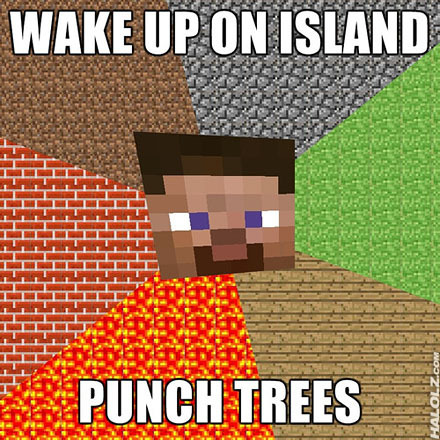Greetings, THATCampers!
We’re very much looking forward to seeing you all this weekend. We wanted to mention a few logistical things as we gear up:
Session proposals
As always, we’ll lead off with a reminder to add your brief session proposal to the THATCampVA blog. Only a few more days left! Also, please feel free to browse other posts and add your comments—the conversation there is a great way to get involved early.
Friday afternoon workshops
If you’re planning to come to a workshop on Friday, they’ll begin at 3:00 and wrap up at about 5:00. Both workshops are held here in the Scholars’ Lab in Alderman Library (directions and parking info). Note too that we’ll also have your THATCampVA registration packets ready starting at 2:00 if you’d like to pick yours up on Friday before the workshop.
Friday night
On Friday night, plan to join us for food and libations at a nearby restaurant, Boylan Heights—home of gourmet burgers, salads, and more. The Scholars’ Lab staff will be found in the upstairs area of the restaurant starting at 6:00 p.m. There is a parking deck just behind Boylan Heights and the restaurant validates parking. It’s also within walking distance of the Scholars’ Lab.
Saturday morning
On Saturday, registration will open at 8:00 a.m. here in the Scholars’ Lab (directions and parking info). We’ll have breakfast goodies and coffee out at 8:30. The opening session—in which we’ll collectively organize the day—starts at 9:00 sharp.
Dork Shorts
Finally, during lunch on Saturday: Dork Shorts! These are two-minute elevator-pitch presentations where you’ll have the opportunity to introduce current projects, invite participants into a project, show a cool site, etc. These are even more informal than the regular sessions and the point is to do the introduction—folks can follow up with you afterwards for details. You’ll have access to a computer to show websites. Signups will be available on Saturday morning.
Keep an eye on the THATCampVA blog for more updates.
See you in a couple of days!
 Hi, my name is Vic. I’m one of the kids coming to THATCamp. My proposal is about Minecraft, which is kind of like a computer game, but it’s also not, really. You can run it on a Mac or a PC, and you can use it to build many cool things, from realism to abstraction. I’ve been playing Minecraft since the start — since it was released on May 17th, 2009 (when I was five years old).
Hi, my name is Vic. I’m one of the kids coming to THATCamp. My proposal is about Minecraft, which is kind of like a computer game, but it’s also not, really. You can run it on a Mac or a PC, and you can use it to build many cool things, from realism to abstraction. I’ve been playing Minecraft since the start — since it was released on May 17th, 2009 (when I was five years old).
